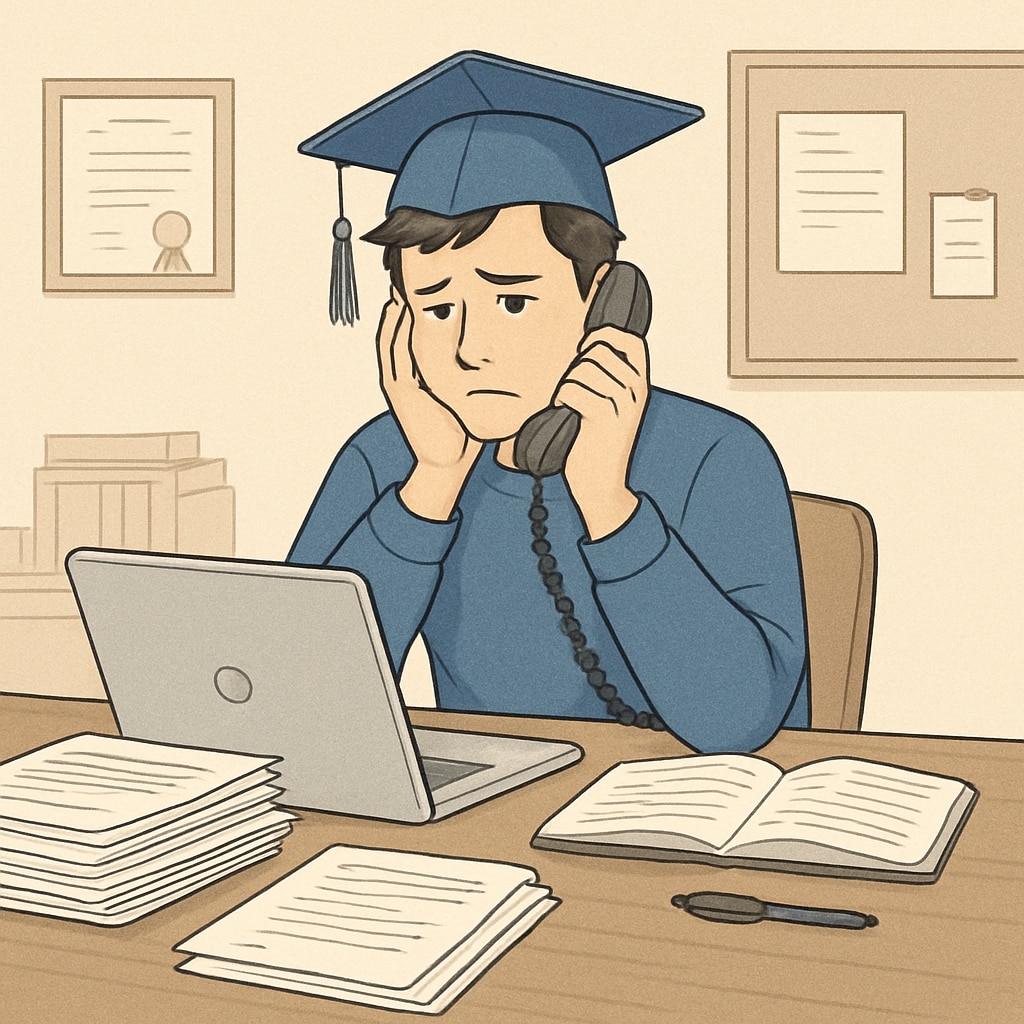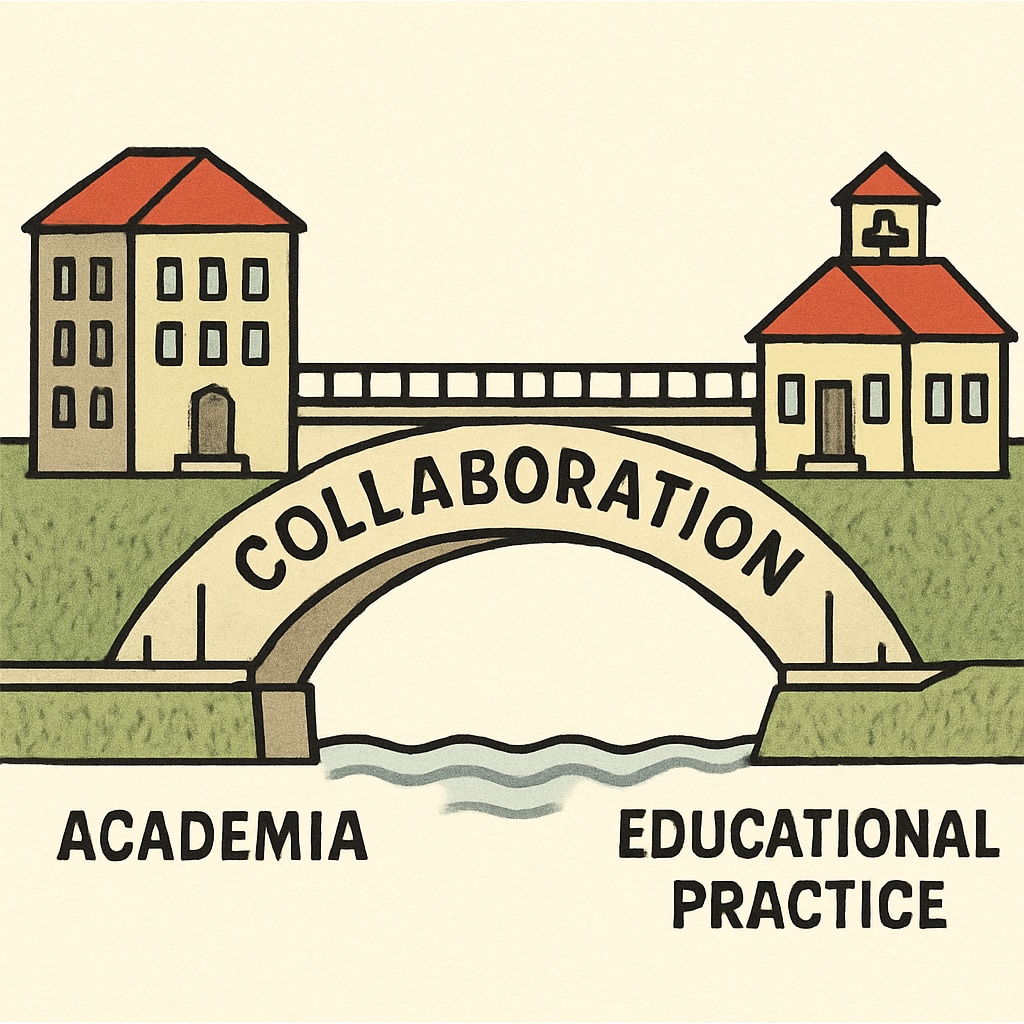Education graduate students often encounter significant challenges when trying to conduct interviews with K-12 school counselors as part of their research assignments. The difficulties range from access barriers to logistical issues, reflecting broader systemic gaps between academic research and practical applications in schools. This article delves into these challenges, the underlying causes, and practical strategies to improve collaboration between researchers and educational practitioners.
Challenges in Accessing School Counselors for Research Purposes
One of the most common barriers faced by graduate students is gaining access to school counselors. Schools often have strict policies regarding external research, prioritizing the privacy and well-being of their students and staff. Additionally, counselors frequently have heavy workloads, leaving little time for participation in research interviews. These challenges can delay or even derail academic projects, creating frustration for students and researchers alike.
Another major obstacle is the lack of clear communication channels between universities and K-12 schools. While higher education institutions may emphasize the importance of education research, K-12 schools often operate on different priorities, such as meeting state standards and addressing immediate student needs. This disconnect further complicates the process of identifying willing participants for interviews.

Understanding the Gap Between Academic Research and Practical Application
The access issues faced by graduate students are indicative of a broader problem: the gap between education research and real-world practice. Academic research often focuses on theoretical constructs, while school counselors deal with immediate, practical concerns. As a result, counselors may perceive research projects as abstract or irrelevant to their daily responsibilities.
In addition, the lack of collaboration frameworks between universities and K-12 schools exacerbates this divide. Without established partnerships, researchers must navigate bureaucratic hurdles and skepticism from potential participants. This often leads to missed opportunities for both parties to learn from one another.

Strategies for Improving Collaboration Between Researchers and Counselors
To address these challenges, education graduate students and their institutions can adopt several strategies:
- Establish partnerships: Universities can create formal partnerships with local school districts to streamline access to counselors for research purposes. These partnerships can include agreements that outline mutual benefits and ethical guidelines.
- Provide incentives: Offering incentives, such as professional development credits or access to research findings, can encourage school counselors to participate in interviews.
- Streamline communication: Universities should designate liaison officers to act as intermediaries between researchers and schools. This can simplify the process and reduce misunderstandings.
- Focus on relevance: Researchers should emphasize the practical implications of their work, demonstrating how their studies can benefit counselors and their schools.
- Leverage technology: Virtual interviews can make participation more convenient for busy school counselors, reducing the time burden associated with traditional face-to-face meetings.
By implementing these strategies, graduate students can overcome access barriers and contribute meaningful insights to the field of education. Furthermore, fostering collaboration between academia and K-12 schools can bridge the divide between research and practice, benefiting both researchers and practitioners.
Conclusion: Bridging the Gap for Mutual Growth
The systemic challenges in interviewing school counselors for graduate-level research reflect deeper issues in the relationship between academia and educational practice. However, these challenges also present opportunities to create stronger collaborations and more impactful research. By addressing access barriers, fostering mutual understanding, and implementing practical solutions, education researchers can build meaningful connections with school counselors. Ultimately, bridging this gap can lead to more relevant research and better outcomes for students, educators, and researchers alike.


